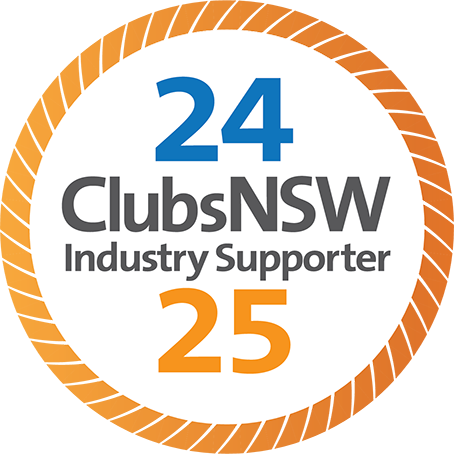Defining Engagement
What is engagement? Ask anyone to define this term – business owner, CEO, marketing manager, gaming manager, customer – everyone will give you a different response.
Engagement is often tied up in a metric that is measured in digital marketing. Engagement is not ‘doing social media’ or ‘doing a mailout’ it is so much more than that.
Ultimately engagement is about connecting with your customer, your staff, the public.
Some marketers describe it as the discovery and exchange of shared values, as two-way communication between a brand and a consumer. Digital has had an influence over this part of our marketing where traditionally there wasn’t a two-way exchange with customers, it was a one-way transfer of our marketing messages out to our customers.
The real engagement probably more happened when the customer walked through our front door. Now it can be triggered from the consumer’s side, or a small piece of content pushed out by your business can create a larger scale engagement piece with your customers online.
When trying to define engagement, I like to think of the symbolism of engagement and how it represents commitment.
When you engage a customer, you enter into a relationship. The length and weight of that relationship has to do with both parties’ needs being met. I have something you want, you are willing to buy from me. And here we commence a loop of engagement – buying, selling, seeking feedback, providing response, deepening our rapport and so on.
What happens when we have long term commitment? Customers BUY from you – you don’t have to SELL. ….You create advocacy, and let’s not forget the most cost effective business is from the customers that are your existing customers. The cost of ongoing engagement with your existing customers is far cheaper than new customer acquisition.
Your engagement strategy as part of your marketing plan has never been more important. Especially in this post Covid-19 world where we’ve all experienced an element of fear, financial pressure on consumers, there’s also more competition than ever, more tools to reach your customers online and offline. How you connect with your customer will be the difference between them coming to spend their hard-earned dollars in your business instead of your competitors.
You may have a number of engagement strategies – promotions, personalised communications plans, ways to engage your staff to improve the overall experience in your business. How you deliver these strategies are called tools – don’t confuse these tools with ‘engagement’ itself. For example, you don’t ‘do social media’ and call that engagement. Taking the time to consider your objective before you use some of these tools will be the difference between a good result (you have to measure it but that’s a whole other area to explore), and a mediocre one.
For example, when you incorporate social media into your plans, have you designed the tone of your communications with your target audience in mind? Are you inviting the customer to engage with your brand? Are you listening to what is being said about your product or service and responding?……
When you run a direct mail campaign to your VIPs, do you have a clear purpose of why you’re contacting them? What you want them to do next? Are you inviting them into the venue and is the offer compelling enough to cause them to take action?….
Go deeper into your strategies and tools you use for engagement in your business and the list is endless from staff engagement strategies, communications tools, venue layout. The list is endless.
On The Engagement Gurus podcast we will be focusing on these areas of engagement in coming episodes. We want to take the mystery out of this area of your business and provide practical tips on how to do it better!




